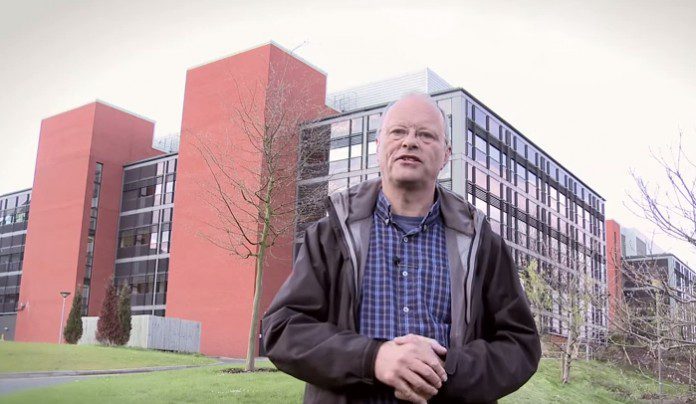One of the most promising forms of energy comes from hydrogen fuel cells. Although no source of fuel is every perfect, there are certain key points to consider when looking at the pros and cons of hydrogen fuel cells. The idea of using hydrogen as a fuel has been around for almost 200 years, but it is only just recently that practical forms of the technology are being used. Should we continued to develop hydrogen fuel cells?
What Are the Pros of Hydrogen Fuel Cells?
1. It is a very clean fuel.
If using hydrogen and oxygen, then this fuel is carbon free. That means we could keep all of the vehicles on the road, but remove the tons of carbon they produce from the atmosphere with a transition to this technology. Even something as simple as water can fuel these cells.
2. It is extremely quiet.
Hydrogen fuel cells generate no noise when they are operating. They also have no moving parts, which makes them more reliable. Despite this, it also provides a strong base load of power that can be used in a number of technologies.
3. It is very scalable.
Hydrogen fuel cells can be used for numerous applications. It is often looked at for vehicles, but it can also be used in smaller items, like computers. It could also be used to create power plants that generate electricity for entire neighborhoods.
What Are the Cons of Hydrogen Fuel Cells?
1. They are very expensive to produce.
Platinum and other expensive materials are required to make hydrogen fuel cells. Although the fueling costs are much lower when compared to other products, the initial expense does not always create enough ongoing savings.
2. There is zero infrastructure in place.
Hydrogen fuel delivery has very little infrastructure anywhere in the world right now. Although it is safer than gasoline and is fuel efficient, there just aren’t fueling stations or access to energy sources that make investing into this technology beneficial for the average household right now.
3. They are very sensitive to environmental changes.
Hydrogen fuel cells work best in an environment with consistent temperatures. Contamination happens easily and something as simple as a seasonal temperature change can render the cells unusable.
The pros and cons of hydrogen fuel cells show that we do have the chance to limit the pollution we pump into our atmosphere. It also shows that we have a lot of work to still do to make this technology viable. As research continues into this alternative fuel, it provides us all with the hope of having a long-lasting, cheaper, and safer fuel source to regularly use.
Crystal Lombardo is a contributing editor for Vision Launch. Crystal is a seasoned writer and researcher with over 10 years of experience. She has been an editor of three popular blogs that each have had over 500,000 monthly readers.


















